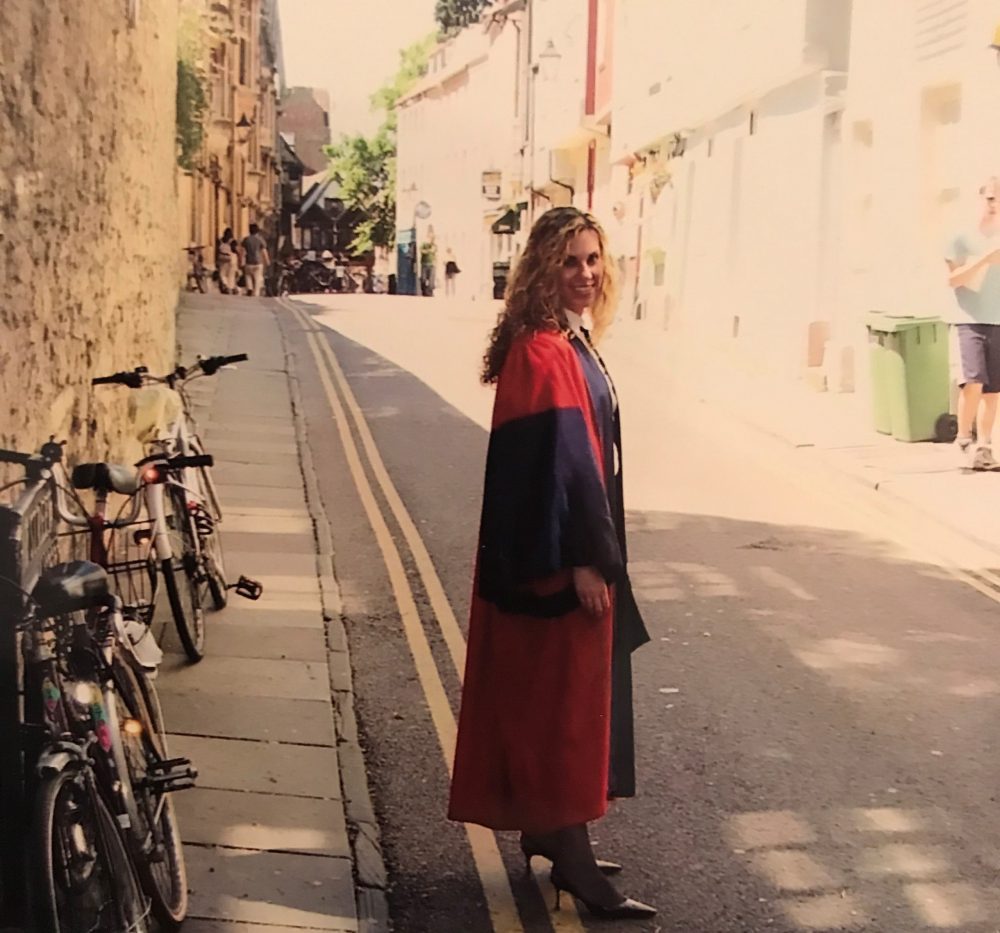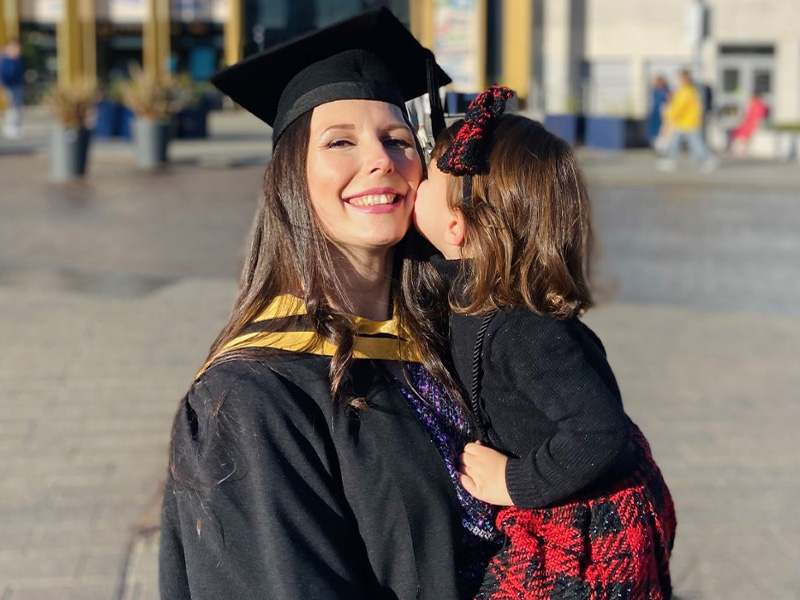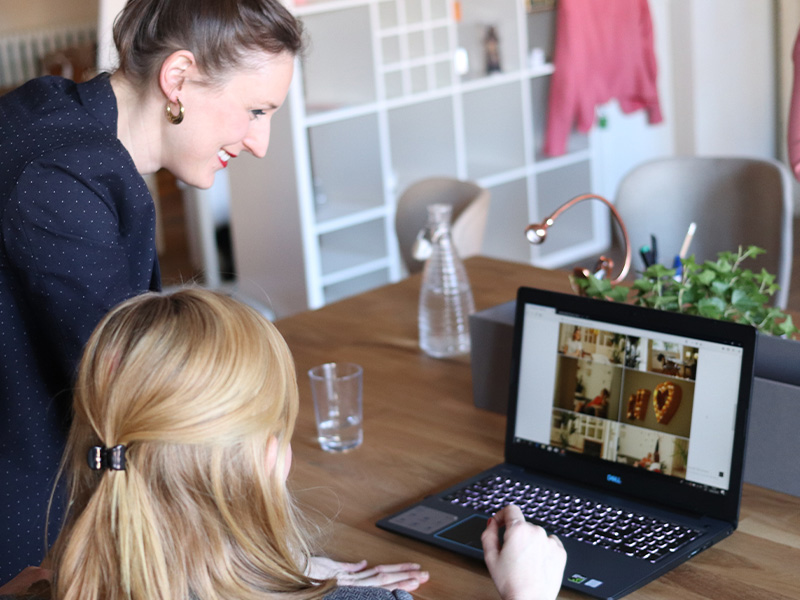
Dr Pamela Walker is a strategy consultant in the pharmaceutical sector, a Director and the Global Head of Health at Kin + Carta Advisory, and an Oxford Executive MBA alumna.
Freud famously wrote that ‘Love and work are the cornerstones of our humanness’; they both create meaning in our lives, in equal measure.
Indeed, 82 per cent of professionals today say that they aspire to a meaningful life. This is before power, wealth, and success. When it comes to creating this ‘meaning’, learning and growth experiences are ranked as central objectives. So, as we spend over half of our waking lives working, how do we integrate this ambition into our reality?
I’m in the thick of writing my first book; discovering the journeys of professionals that have shaped their greatest successes, their growth experiences, and their biggest learnings. And whilst Freud was rightly pointing to the central importance of relationships underpinning the concept of meaning, we also know that it can be achieved through a range of actions and experiences.
Having explored the topic with over 75 global leaders thus far, I have been struck by the ability of many to continuously self-reflect and adapt. The overarching message they all convey is consistent: to be effective leaders, we need to champion individual growth (including that of ourselves), iterating our leadership approach by integrating learnings, strategies, and solutions from multiple sources along our journeys.
In our discussions, several leaders have brought to life the importance of ‘parallel learning’ as a route to meaning. Some have described its necessity to take place in a structured way, for example, as part of graduate education. Others have articulated the importance of personal research on related leadership topics and integrating time with mentors into their day to day.
One fascinating leader I interviewed told me that, personally, she finds meaning in supporting others in their career and growth journeys. The greatest satisfaction she feels is when an employee articulates how they genuinely see the impact of what they do. She also explained that she is a firm believer in further education and training incorporated into the day job. Her company encourages everyone to make time for learning, education, and growth via personal learning budgets. It is an incentive employees love, driving retention as a result.
The importance of more formal learning was mentioned by another top executive that I interviewed. He told me how a part-time business diploma he completed ‘changed his life’. Not only did it fill in certain gaps in knowledge from a practical standpoint, but it fed a hunger for personal growth. For him, learning and growth went hand-and-hand. He articulated the experience as ‘changing how I see myself, the world around me, and the relevance of learning experiences at any stage in life’.
As a result of this exploration, I find myself reflecting on my own path. When I finally broke into the workforce, I had been a career student. Upon finishing my PhD in 2005, I was eager to take a break from education; I wanted to consolidate my book learning into a relevant career and get on with ‘real life’. Learning was disconnected from my perspective on ‘meaning’, and it was not until I had worked for many years and had my children that I realised something was missing from my development journey as a business leader. Learning on the job, for me, had taken me far, but I knew there was still an infinite distance to go.
My own parallel learning experience of the Oxford EMBA that followed, from 2017-2019, provided me with an invaluable experience similar to that which the other leaders in my book describe. It gave me the time and space to learn, reflect, and then decide how I would move forward as a result. It also had the brilliant effect of turning me back into a student and reminding me that learning is lifelong, that we are never our finished product.
And thus, an impression has begun to crystallise: without learning we fail to challenge ourselves in a way that leads to genuine growth. Without growth, we stunt our ability to achieve a fulfilled and meaningful life.
Management teams know the power of learning. They also know the value of supporting their workforce to find purpose and motivation. But should we expect the companies we work for to support our mission to meaningful lives? Certainly, a toolbox of skills and strategies to support our own self-directed journey to fulfilment is an important contribution. Learning is clearly one of the central tools, alongside a handful of others – that I will look forward to exploring with you next time.
The Oxford Executive MBA enables current and future leaders to make a difference in their chosen field.
Each cohort is comprised of participants from all over the world, from a wide range of sectors and organisations, allowing you to forge powerful connections.
By the end of the programme, you will be equipped with the skills to take your career to the next level.
Contact the School to find out if this could be your next step.








